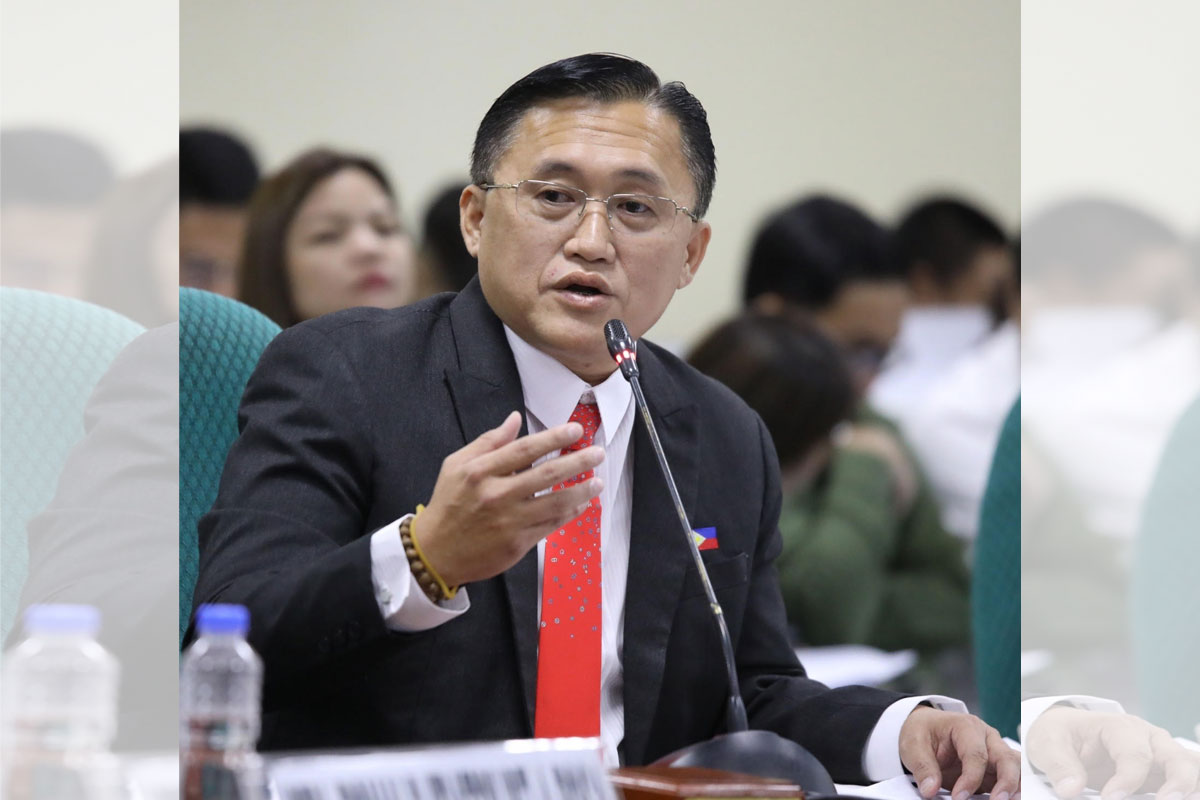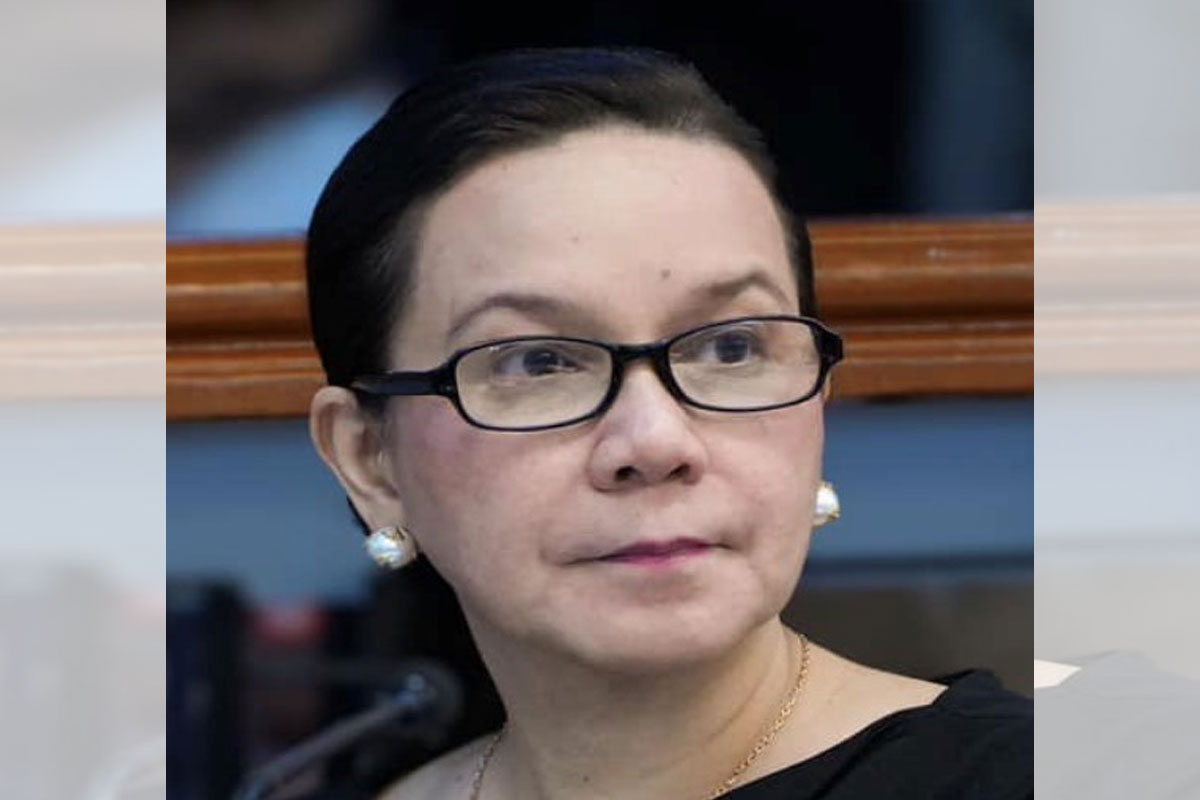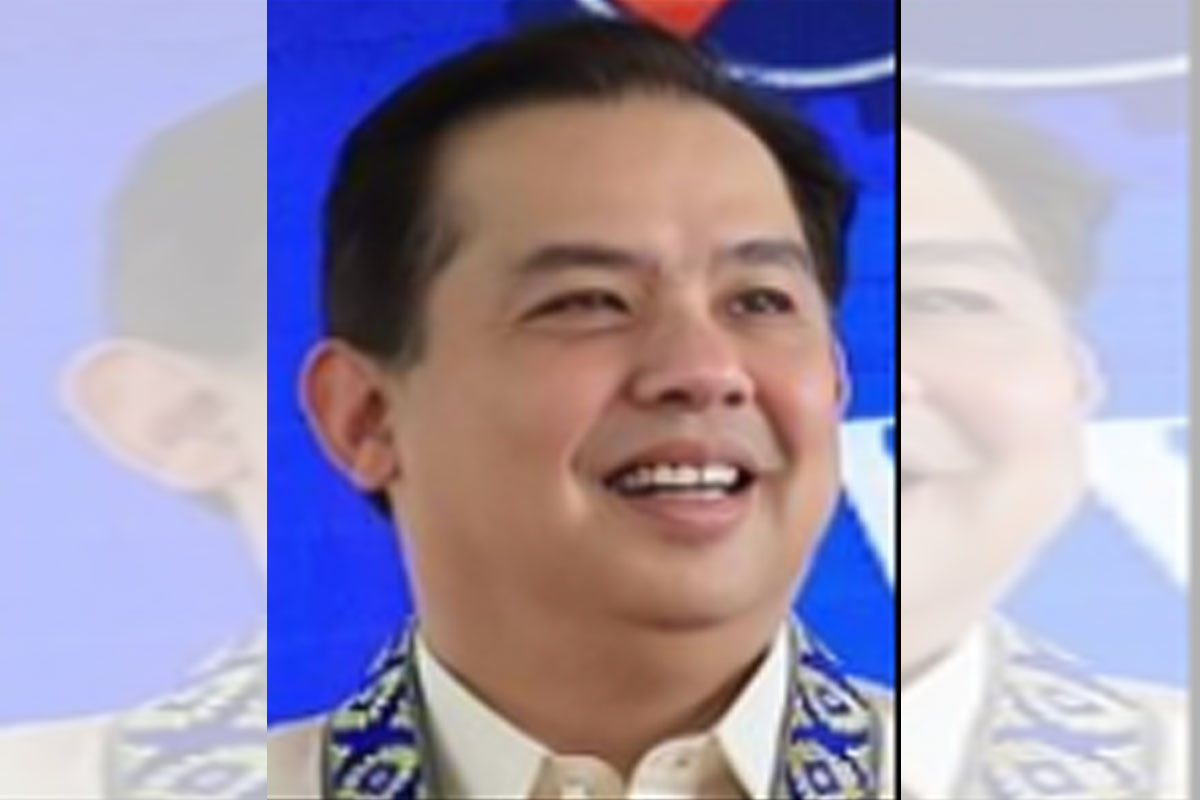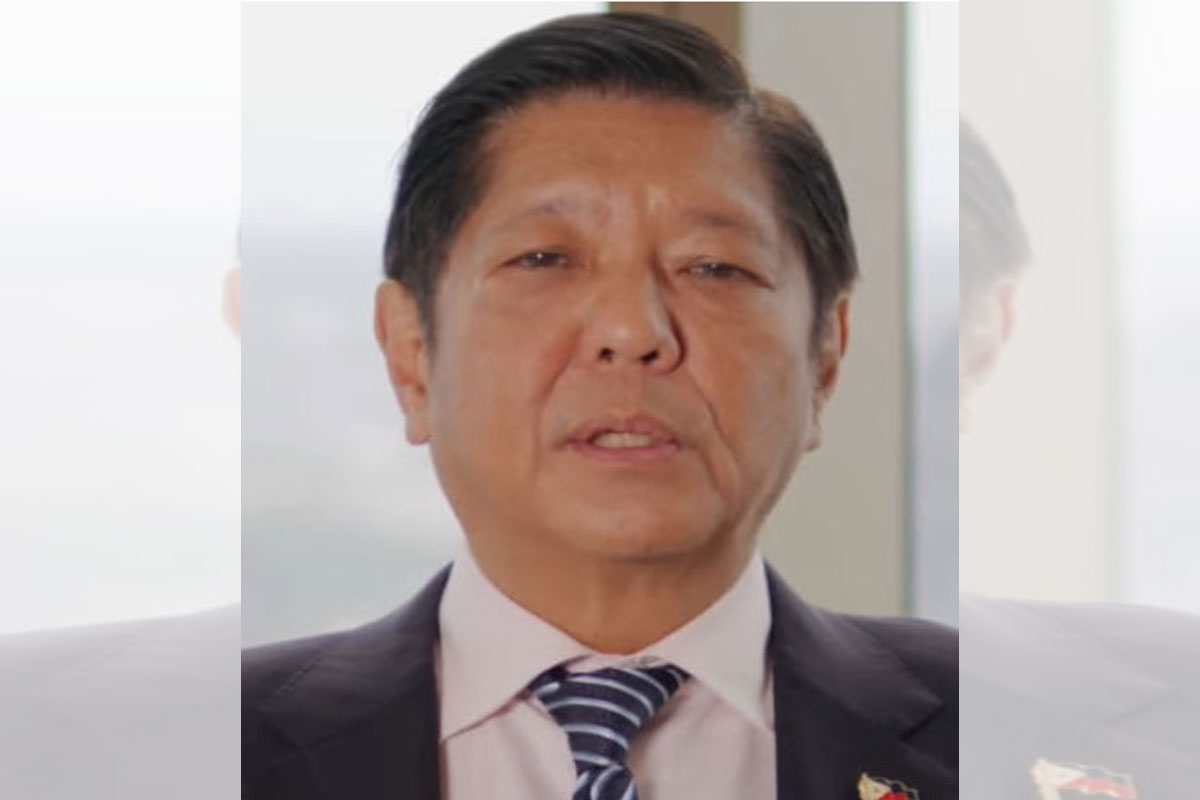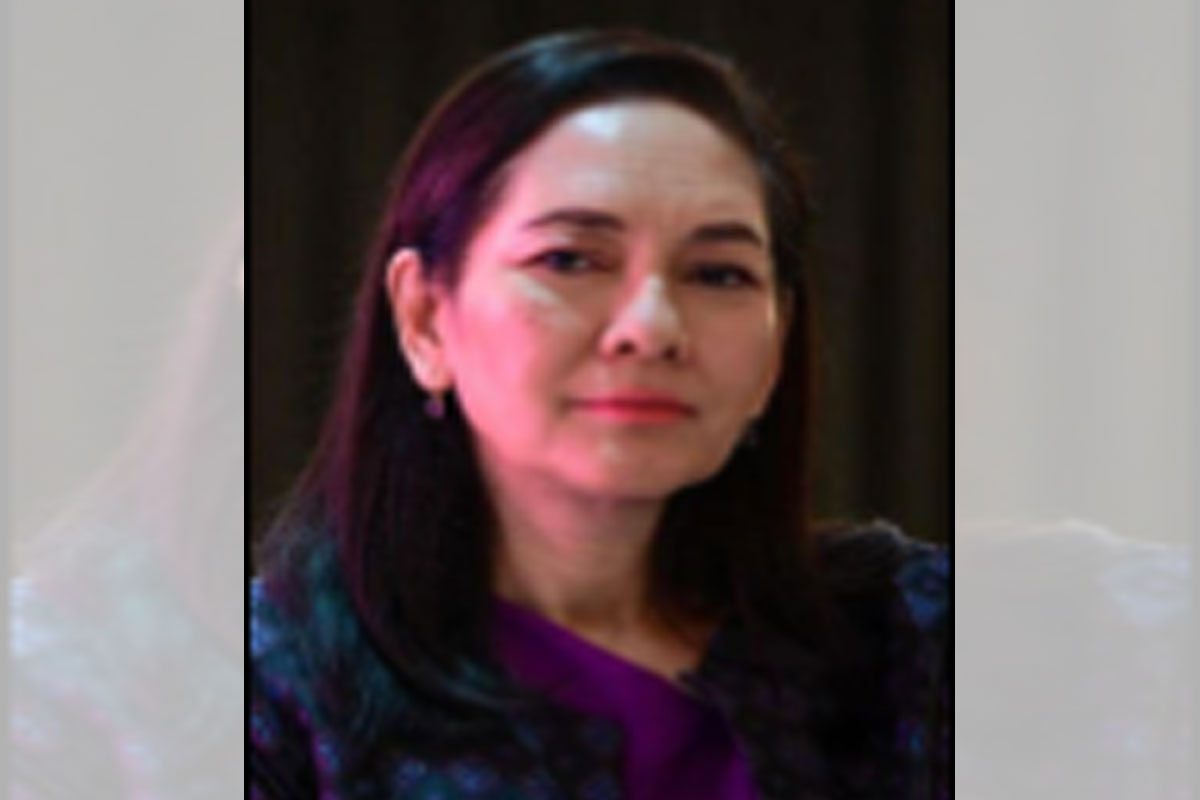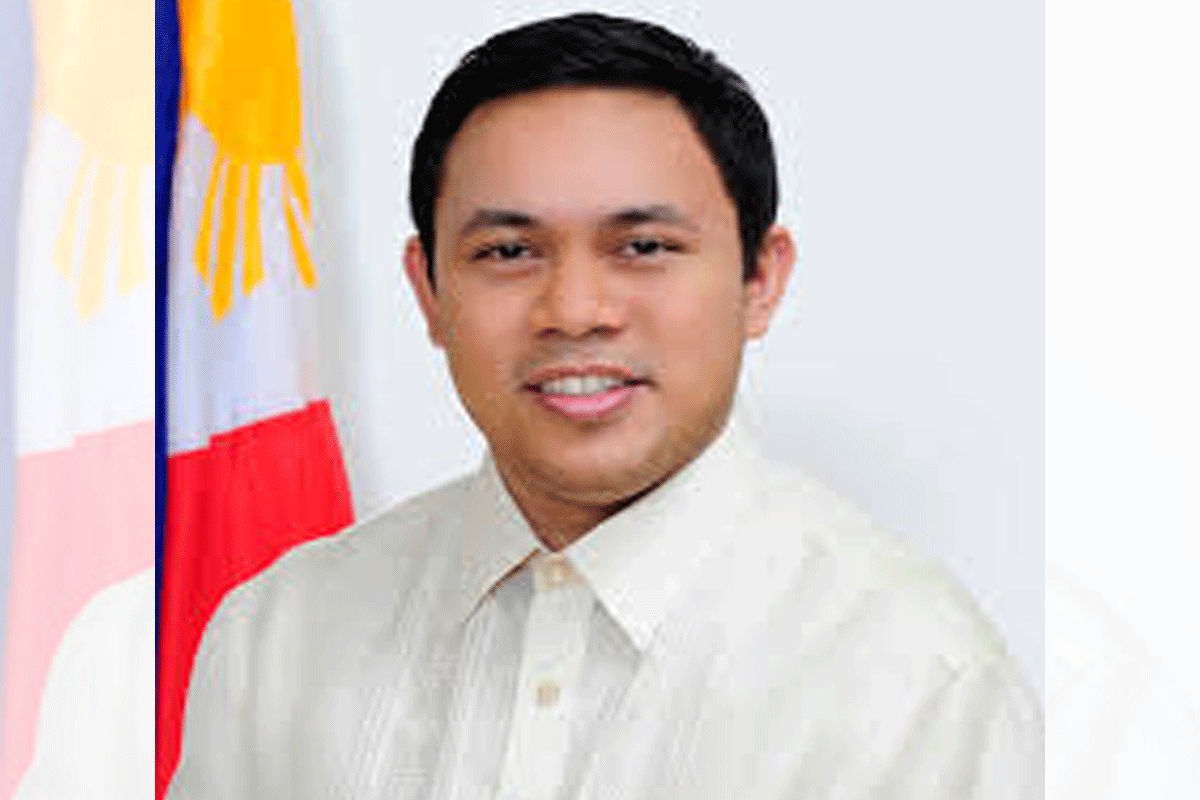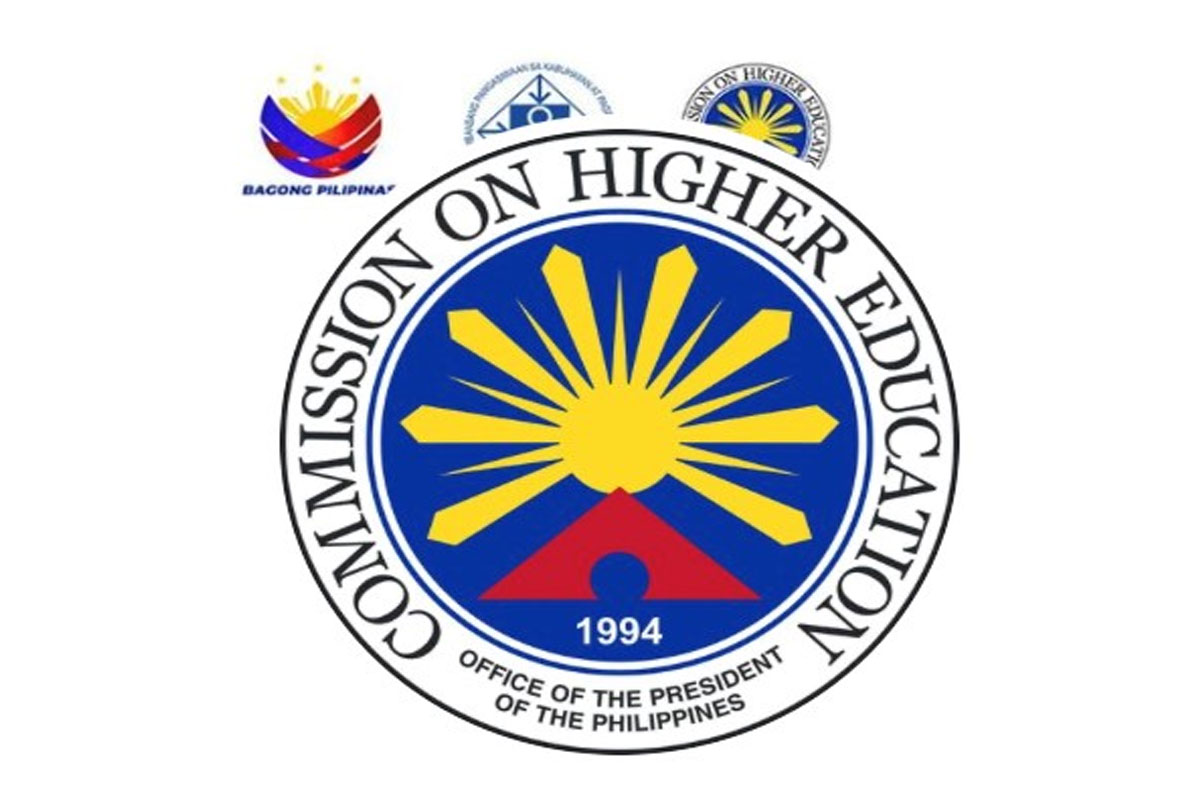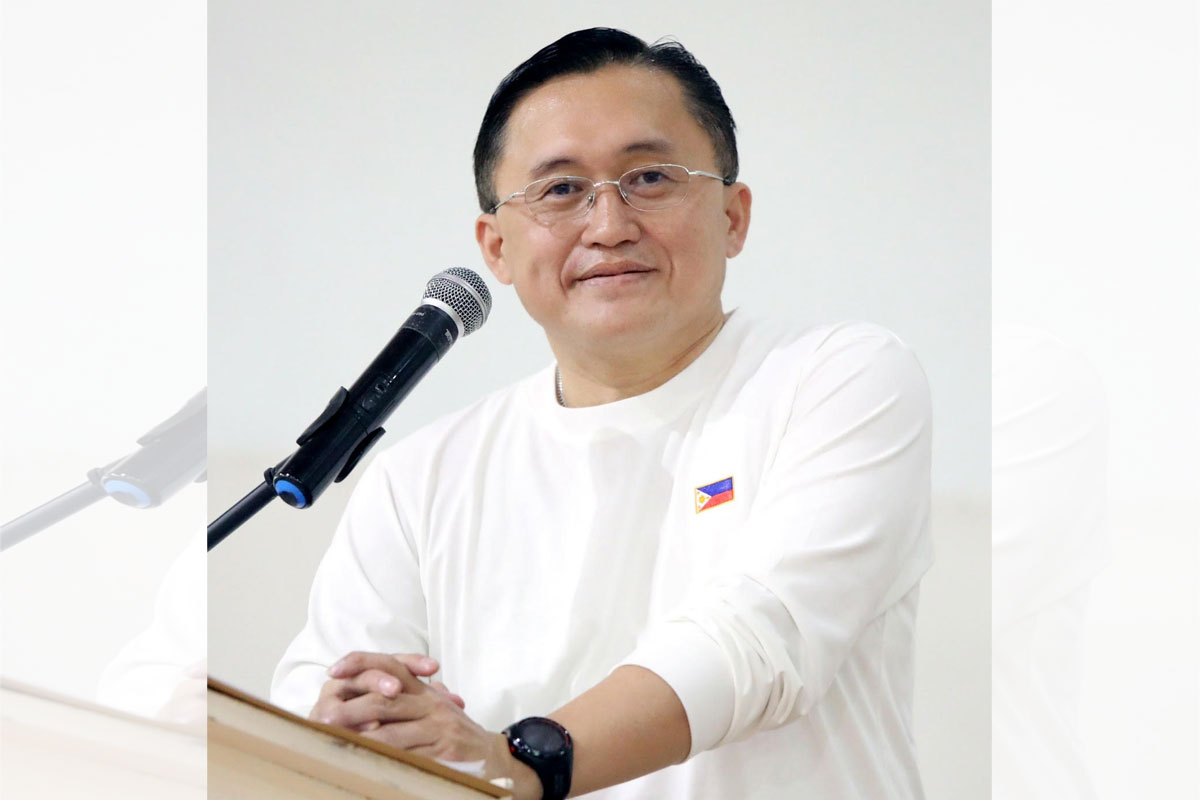
Bong Go lauds Senate nod on bill prohibiting ‘no permit, no exam’
SENATOR Christopher “Bong” Go has lauded the approval of Senate Bill No. 1359, or the No Permit, No Exam Prohibition Act, on third and final reading in the Senate on Monday, March 20.
Go is a co-author and co-sponsor of the measure.
The proposed measure penalizes the imposition of a “no permit, no exam” policy or any similar policy that prohibits students from taking an examination or other similar educational assessments due to unpaid tuition or other school fees.
“I am grateful for the support and cooperation of my colleagues in the Senate for the passage of this measure. Education is a basic right that should be accessible to all, and this measure ensures that no student is unfairly deprived of the opportunity to take exams or assessments because of financial constraints,” said Go.
“Patuloy po tayong magtulungan upang masigurong may dekalidad na edukasyon para sa bawat Pilipino,” he added.
SBN 1359 covers all public and private educational institutions, including elementary and secondary schools, post-secondary technical-vocational institutes, and higher educational institutions.
It also covers all individuals enrolled in the K to 12 Basic Educational Program, certificate, diploma, or degree programs of higher educational institutions, or in short-term courses offered by technical-vocational training institutes.
In his co-sponsorship speech of the measure, Go noted that the ‘no permit, no exam policy’ adds burden to parents and puts unnecessary pressure on students, who should be focused on studying.
“Kailangan po natin tanggalin ang ganitong klaseng burden sa students at kanilang mga magulang. The primary objective of schools is to provide learning opportunities for the development of the students’ intellectual, moral, physical and cultural aspects,” said Go.
He acknowledged that the Philippine economy remains vulnerable due to natural disasters and the COVID-19 pandemic, which makes it difficult for students and their parents to pay tuition and other school fees especially at these trying times.
“Hammered by natural disasters and COVID-19, our Philippine economy remains to be more vulnerable. It is understandable that students and their parents struggle to pay tuition and other school fees,” said Go.
Under the proposed law, no educational institution, public or private, shall impose any policy that prevents students with outstanding financial or property obligations from taking examinations or any form of educational assessment.
However, the students and/or their parents or legal guardians must execute a promissory note addressed to the educational institution concerned, indicating the amount of outstanding financial or property obligations and the date when such obligation would be settled.
While Go acknowledged that schools need stable finances to continue operating, he said that their primary goal should be to provide quality education. The senator then stressed the need to strike a balance between the needs of the students and those of the schools.
“Naiintindihan naman natin, kailangan din ng mga paaralan ang stable finances to continue operating. Kailangang balansehin din po. Pero ang primary goal naman talaga nila is to provide education first, (aside from doing) business,” said Go.
The proposed measure provides authorized interventions that educational institutions may enforce against students with outstanding financial or property obligations until such time that the obligations have been settled.
However, compelling any student or their parents or legal guardians to pay a portion of the outstanding financial or property obligations before the administration of any examination or assessment will be prohibited.
Imposing fines, penalties or interests on outstanding financial or property obligations in excess of the maximum interest rate provided under the measure is also prohibited.
“As chair of the Senate Committee on Health, my primary interest is the physical and mental health ng mga students natin. Dapat hindi malipat sa kanila ang burden. Lagi po natin unahin ang kapakanan ng ating mga estudyante bago ang lahat,” he said.
Meanwhile, SBN 1864, or the Student Loan Payment Moratorium During Disasters and Emergencies Act, which was also co-authored and co-sponsored by Go, hurdled third and final reading in the Senate on the same day. It aims to provide relief to students who have taken out loans but are unable to pay them back due to disasters and other emergencies.
Twelve local schools bills converting, separating, and establishing national schools, which were co-sponsored by the senator, were also approved on final reading. The measures were principally sponsored by Senator Win Gatchalian.
Go has emphasized the importance of maintaining education as a top priority in the country and pledged his commitment to supporting policies that strengthen the education sector while prioritizing the health and well-being of students.
To this end, he also filed SBN 1190 which aims to expand the purposes and applications of the Special Education Fund, proposing its use for the operation and maintenance of public schools, payment of salaries and benefits for teaching and non-teaching personnel, competency training for teaching personnel, operation of the Alternative Learning System, and educational research, among others.
Furthermore, Go co-authored the bill that became Republic Act No. 11510, which institutionalized the ALS and improved basic education delivery to underserved and disadvantaged students, including indigenous students, those from less privileged backgrounds, and those with physical and learning disabilities.
Go also co-authored SBN 94, or the Teaching Supplies Allowance Act of 2022, which seeks to increase the annual “chalk allowance” provided to teachers to relieve them of the financial burden of purchasing school supplies for their classroom.
Also, Go has co-authored and co-sponsored Senate Bill No. 1360 which seeks to expand the coverage of the tertiary education subsidy (TES) by amending Republic Act No. 10931, or the Universal Access To Quality Tertiary Education Act.












